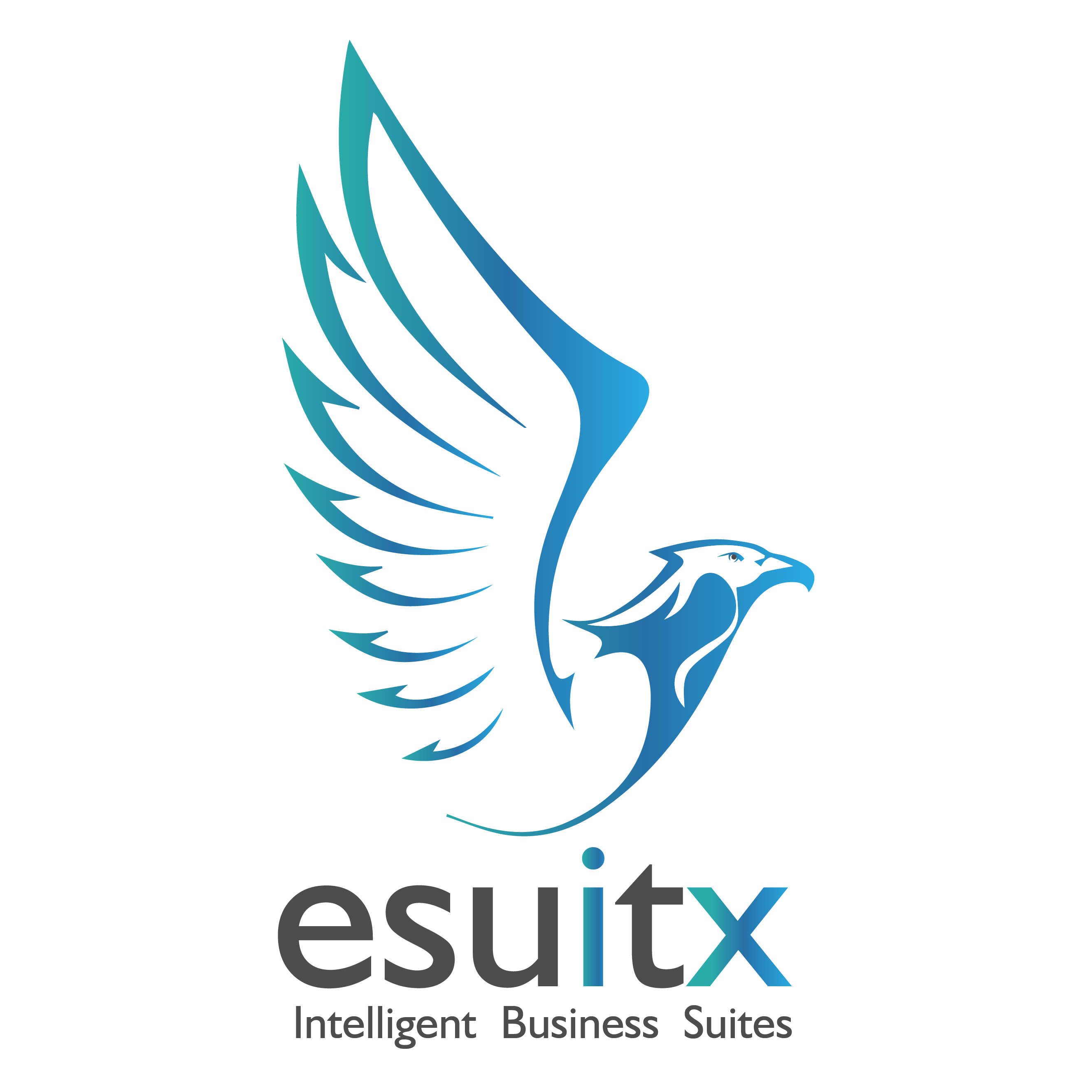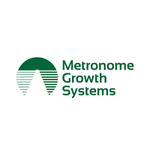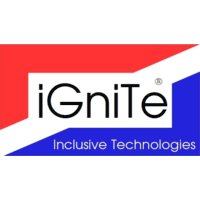Description

DATAHUB

Google AdSense
Comprehensive Overview: DATAHUB vs Google AdSense
DATAHUB Overview
a) Primary Functions and Target Markets: DATAHUB is a data management and collaboration platform designed to streamline the process of sharing, discovering, and making sense of data across organizations. It focuses on data cataloging, enabling secure access, lineage tracking, and metadata management, which are crucial for data governance and analytics. The primary target markets for DATAHUB include enterprises, data-driven organizations, and industries such as finance, healthcare, retail, and technology that require robust data management infrastructures.
b) Market Share and User Base: As of the latest data I have, DATAHUB is a specialized platform that caters to organizations with a significant need for enterprise-level data management solutions. The market share of DATAHUB is typically smaller compared to more general-purpose data platforms because it focuses on niche needs of data cataloging and governance. Its user base primarily consists of IT departments, data engineers, and analysts within organizations that handle large volumes of data and require comprehensive tooling for data governance and management.
c) Key Differentiating Factors:
- Open-Source Foundation: DATAHUB is built on an open-source foundation, allowing for extensive customization and community-driven enhancements.
- Data Lineage and Governance: It excels in providing data lineage, auditability, and policy enforcement, critical for maintaining data integrity.
- Integration Capabilities: DATAHUB supports integration with various data sources and tools, making it flexible for enterprises with complex data ecosystems.
- Focus on Collaboration: Facilitates cross-team collaboration by providing a unified view of data assets and their metadata within an organization.
Google AdSense Overview
a) Primary Functions and Target Markets: Google AdSense is an online advertising program that enables website publishers to earn revenue by displaying targeted ads on their websites. The primary function of AdSense is to provide a hassle-free method of monetization for website owners by matching the site content with relevant advertisements. Its target markets include individual content creators, small to large website publishers, bloggers, and media organizations looking to monetize their web properties through advertising.
b) Market Share and User Base: Google AdSense holds a significant portion of the online advertising market due to Google's dominance in web advertising and search engine operations. With millions of participating websites worldwide, AdSense enjoys a vast user base, making it one of the leading platforms for online content monetization. It is particularly popular among small to mid-sized publishers who may not have direct access to large advertising networks.
c) Key Differentiating Factors:
- Ease of Use: AdSense is renowned for its easy setup and user-friendly interface, allowing even non-technical users to implement and manage ads on their websites.
- Content Match Technology: Utilizes Google's sophisticated algorithms to place contextually relevant ads, optimizing both user experience and click-through rates.
- Revenue Sharing: Provides competitive revenue sharing with publishers, which is a major attraction for website owners.
- Wide Reach and Ad Variety: Offers access to a wide variety of advertisers and ad formats, ensuring that publishers can display engaging and diverse ad content.
Comparative Analysis
Overall Market Share and User Base:
- DATAHUB is less mainstream, designed for enterprises needing a data-focused solution, whereas Google AdSense is highly popular among publishers seeking monetization, making it widely recognized and used globally.
Key Differentiating Factors:
- Purpose and Functionality: DATAHUB focuses on data management and governance, while Google AdSense is centered around ad monetization.
- User Base: DATAHUB targets data professionals and enterprises, whereas AdSense primarily targets web publishers and content creators.
- Complexity and Customization: DATAHUB allows deep customization through its open-source nature, while AdSense is more standardized and straightforward for ease of use.
- Integration and Use Case: DATAHUB integrates with data ecosystems for enterprise data governance, while AdSense integrates into websites for ad revenue.
These products serve distinctly different needs and markets, resulting in stark differences in their operational focuses and user demographic.
Contact Info

Year founded :
2023
Not Available
Not Available
Netherlands
Not Available

Year founded :
2003
Not Available
Not Available
United States
http://www.linkedin.com/company/google-adsense
Feature Similarity Breakdown: DATAHUB, Google AdSense
To provide a feature similarity breakdown for DATAHUB and Google AdSense, we'll need to consider their core functionalities, user interfaces, and unique features. However, it's important to note that these platforms serve different primary purposes: DATAHUB is often used for data management and analytics, while Google AdSense is an online advertising platform. Despite this, they may share some common features in the broader context of data and user management.
a) Core Features in Common:
-
Data Analytics: Both platforms offer data analytics capabilities. AdSense provides insights into ad performance such as clicks, impressions, and revenue, while DATAHUB can support more varied data analytics depending on its specific implementation.
-
Reporting: Both platforms offer reporting features to present their collected data to users. This includes dashboards and detailed reports for performance analysis.
-
User Management: They have user management capabilities that allow for role-based access to different features and data.
-
APIs: Both platforms offer APIs that allow users to extract data programmatically, integrate with other systems, or automate tasks.
b) User Interface Comparison:
-
Google AdSense: The Google AdSense UI is user-friendly and designed to provide easy access to key metrics for non-technical users. It focuses on simplicity and efficiency, with a dashboard layout that surfaces the most important information right away. AdSense offers seamless integration with other Google services, which enhances the user experience for users already in the Google ecosystem.
-
DATAHUB: The UI for DATAHUB, depending on the specific platform (as it could refer to different data management tools), tends to be data-focused with more complexity than AdSense. It is often aimed at data professionals and may include features for data cataloging, visualization, and advanced analytics. The interface might be more technical and customizable, offering deeper insights into data through advanced visualization tools.
c) Unique Features:
-
DATAHUB:
- Data Lineage: The ability to track and manage data origin, transformations, and dependencies is often a key feature in data management platforms like DATAHUB.
- Metadata Management: Advanced metadata management helps in organizing and searching data assets efficiently.
-
Google AdSense:
- Ad Monetization: The primary feature that sets AdSense apart is its ad monetization capabilities, allowing website owners to generate revenue through Google’s ad network.
- Auto Ads: AdSense features intelligent ad placement with auto ads that use machine learning to place ads in optimal locations on a website without manual input.
These platforms, while sharing some common features, are tailored towards different end goals: DATAHUB for managing and analyzing data and Google AdSense for ad monetization and performance tracking.
Features

Not Available

Not Available
Best Fit Use Cases: DATAHUB, Google AdSense
DATAHUB
a) Best Fit Use Cases
Types of Businesses or Projects:
-
Data-Centric Organizations:
- Research Institutions: They often require robust data management and sharing platforms for collaborative projects.
- Healthcare: Companies that need to manage large datasets for medical research and patient records.
- Finance: Firms that require a platform to handle, process, and analyze financial data streams.
-
Companies Focused on Open Data:
- Organizations looking to centralize open data for public use or internal analysis, offering transparency and accessibility.
-
Development Teams:
- Software companies or development teams working on big data projects can use DATAHUB for data cataloging and metadata management.
-
Educational Institutions:
- Universities and schools needing systems to manage research data and educational resources.
Scenarios:
- Data Integration and Sharing: When integration of multiple data sources is required, and sharing between different stakeholders is crucial.
- Metadata Management: When there's a need for robust metadata management capabilities to ensure data consistency and governance.
- Collaboration Across Teams: For projects that require cross-team collaborations, especially when teams are distributed globally.
Google AdSense
b) Preferred Scenarios
Types of Businesses or Projects:
-
Content Publishers:
- Bloggers: Individuals running personal blogs who want to monetize their content through ad revenue.
- Media Websites: Publishers who distribute large amounts of content, such as news websites and online magazines.
-
Niche Websites:
- Sites focused on specific interest areas that can attract targeted advertising from Google’s ad network.
-
Online Communities:
- Forums or social platforms where user-generated content is high, making space for contextual advertising.
-
Small to Medium-sized Enterprises (SMEs):
- Businesses that do not have a large sales force or the capability to attract advertisers directly.
Scenarios:
- Monetizing Web Traffic: When a website has substantial traffic and aims to generate revenue through display ads.
- Automated Ad Management: When a business does not want to manage advertising inventory and sales directly.
- Cost-Effective Advertising Method: For companies seeking a simple and scalable advertising solution without large upfront costs or complex negotiations.
Industry Verticals and Company Sizes
DATAHUB:
- Verticals:
- Healthcare, Finance, Education, Public Sector.
- Company Sizes:
- Medium to large enterprises, government agencies, and research institutions.
DATAHUB is best suited for organizations with complex data management needs, requiring collaboration across multiple departments and external partners.
Google AdSense:
- Verticals:
- Publishing, E-commerce, Entertainment, Niche Hobby Sites.
- Company Sizes:
- Small to medium-sized businesses, individual entrepreneurs, and niche content creators.
AdSense is ideal for businesses and individuals looking to monetize web traffic without investing heavily in direct sales and advertising operations. It serves a wide range of industries that produce digital content and have a user base that can be targeted through contextual ads.
Pricing

Pricing Not Available

Pricing Not Available
Metrics History
Metrics History
Comparing teamSize across companies
Conclusion & Final Verdict: DATAHUB vs Google AdSense
When evaluating DATAHUB and Google AdSense, determining which product offers the best overall value requires considering their unique offerings, benefits, and potential drawbacks. Here's a comprehensive analysis:
Conclusion and Final Verdict
a) Best Overall Value:
The best overall value between DATAHUB and Google AdSense largely depends on the user's specific needs and goals.
-
DATAHUB offers value primarily for users who need robust data storage, management, and collaborative capabilities. It's ideal for businesses or individuals heavily reliant on data analytics and integration.
-
Google AdSense, on the other hand, provides significant value for content creators and website owners looking to monetize their platforms. It's unmatched in its ability to generate advertising revenue seamlessly.
Verdict: If your primary goal is data-centric with an emphasis on storage and collaboration, DATAHUB may provide more value. However, if revenue generation through ad placements is your focus, Google AdSense is likely the superior choice.
b) Pros and Cons:
DATAHUB
- Pros:
- Excellent for data management and analytics, providing tools for data integration and large-scale storage.
- Offers collaborative features suitable for large teams.
- Typically robust security and compliance measures for sensitive data.
- Cons:
- May involve a higher learning curve for those not familiar with data platforms.
- Can be costly depending on the scale of usage and data requirements.
- Primarily focuses on data handling, lacking direct monetization features.
Google AdSense
- Pros:
- Easy to set up and implement for earning revenue through content monetization.
- Access to a vast network of advertisers, maximizing revenue potential.
- Constantly improving algorithms to optimize ad placement and earnings.
- Cons:
- Revenue can be significantly impacted by ad-blockers and changing ad policies.
- May require a substantial amount of site traffic to generate meaningful income.
- Less control over the types of ads displayed, potentially impacting user experience.
c) Recommendations:
-
For businesses focused on data analytics and needing comprehensive data management: Choose DATAHUB. Ensure you assess the total cost of ownership and consider training resources to maximize the platform's utility.
-
For content creators and website owners prioritizing revenue: Google AdSense is generally the better option. Focus on optimizing your site's content and structure to increase traffic, improving ad placements, and maximizing revenue.
Final Suggestion: Consider conducting a needs assessment to define your primary objectives clearly. If possible, trial both services (or similar alternatives) to determine which aligns best with your goals while considering scalability for future needs.
Add to compare




